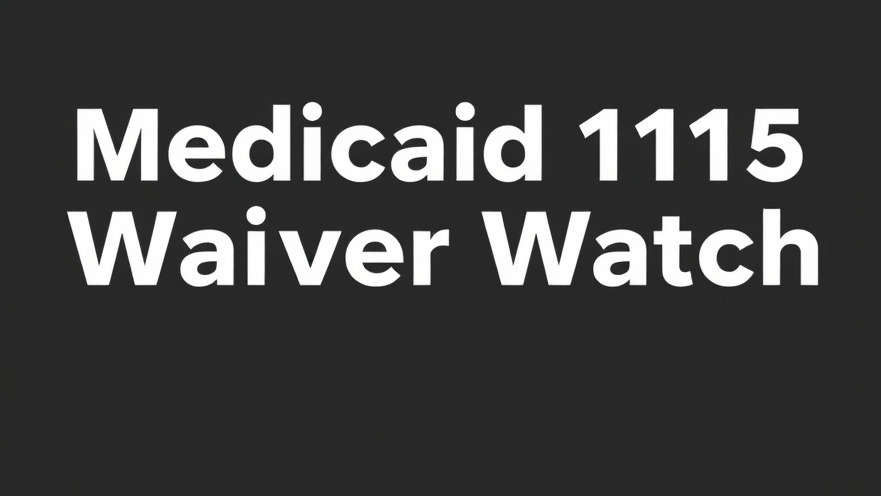
Understanding Medicaid 1115 Waivers
Medicaid 1115 demonstration waivers provide states a unique opportunity to test innovative healthcare approaches. These waivers allow for adaptations to Medicaid rules, as long as they help achieve the program’s goals of ensuring access to necessary health services. With the end of the Biden administration, these waivers became a crucial focus as they included various initiatives to expand coverage, reduce health disparities, and enhance access to behavioral health care.
Key Priorities of the Biden Administration
The Biden administration’s approach emphasized expanding coverage and supporting health-related social needs. Notably, the approval of 18 waivers aimed at providing evidence-based housing and nutrition services was instrumental in addressing the unmet social conditions that contribute to poor health outcomes. Through these waivers, states can now offer housing support and meal provisions to vulnerable populations, showcasing a significant shift towards a more humane and comprehensive understanding of health care.
Future Implications Under New Leadership
As the political landscape shifts with the incoming administration, potential changes to these waivers could arise. The new administration may prioritize different health policies, which could lead to the reassessment or even cancellation of waivers approved under Biden. For elderly individuals and those relying on Medicaid, understanding these shifts is vital, as they could directly impact healthcare access and services provided in their communities.
Why This Matters for Seniors
For seniors using Medicaid, the ramifications of these waivers are significant. The newfound flexibility aimed at addressing fundamental social needs aligns closely with the challenges faced by older adults, particularly concerning housing stability and nutrition. Understanding the implications of waiver approvals enables seniors and their families to advocate more effectively for necessary services in their states.
 Add Row
Add Row  Add
Add 




Write A Comment